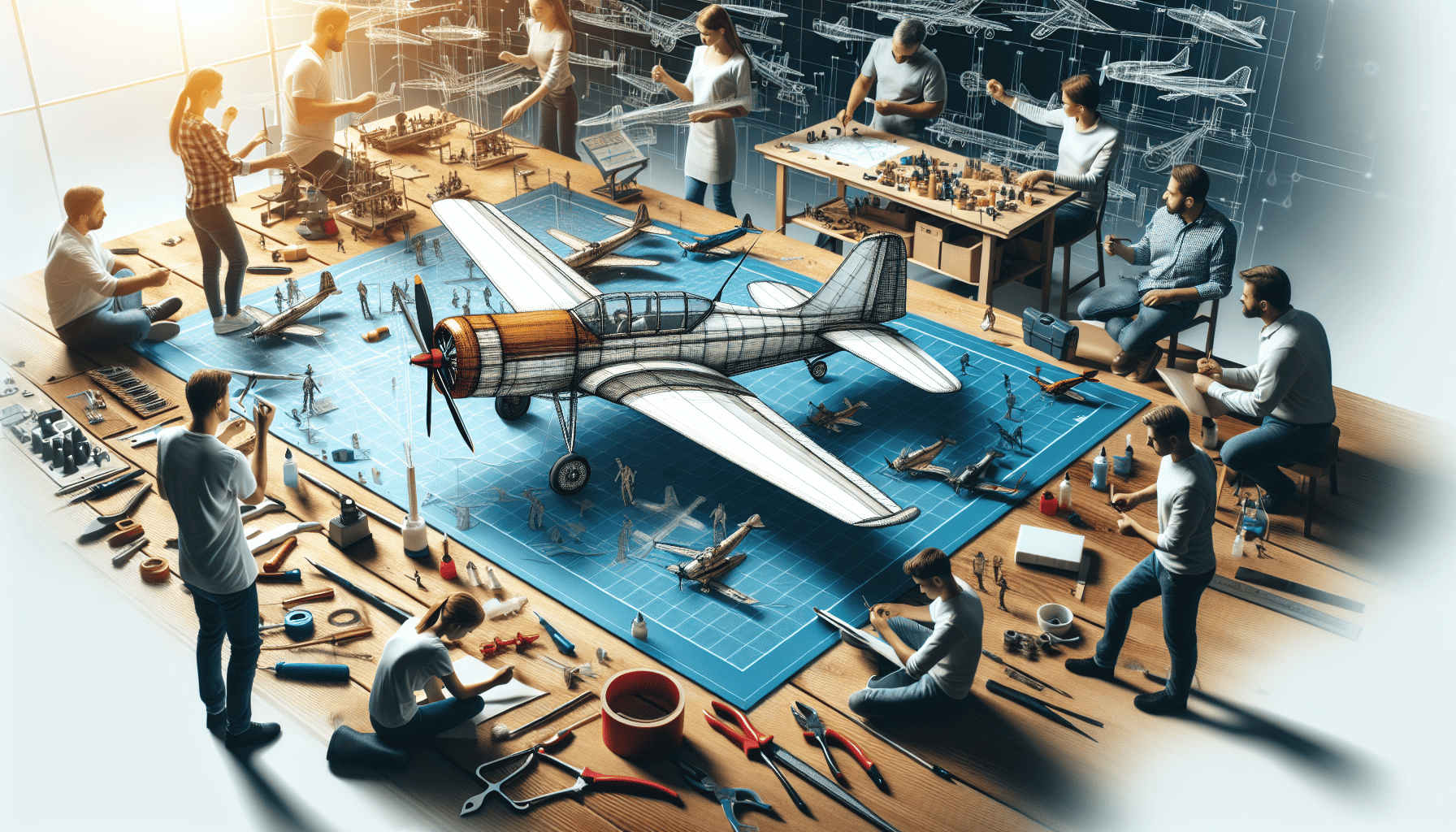Aviation has always captured the human imagination, symbolizing freedom, adventure, and innovation. The intricacies of flight, from the engineering marvels of aircraft design to the physics governing their movement, make it a fascinating field of study. For enthusiasts, professionals, or students eager to delve into the world of aviation, hands-on workshops offer an invaluable platform to learn and explore.
Aviation workshops are designed to cater to a range of experience levels, from beginners with a budding interest in the skies to seasoned professionals looking to hone specific skills. These workshops typically combine theoretical knowledge with practical applications, providing a comprehensive learning experience that is both engaging and educational.
One of the primary benefits of participating in these workshops is the opportunity for experiential learning. Unlike conventional classroom settings, workshops offer a hands-on approach, allowing participants to experiment and apply concepts in real-time. This could involve constructing model aircraft, simulating flight conditions, or even disassembling and reassembling aircraft components to understand their design intricacies.
Aviation workshops often cover a wide variety of topics. Participants might explore the basics of aerodynamics, learning how lift, drag, and thrust affect an aircraft's flight. Others may delve into the technical aspects of aircraft design, such as material selection, structural integrity, and propulsion systems. More advanced workshops might focus on cutting-edge technology in avionics, exploring how digital systems enhance navigation, communication, and control.
These workshops are typically led by industry experts and seasoned professionals who bring a wealth of experience and insight. Learners benefit immensely from their mentors’ real-world examples and personal anecdotes, offering a glimpse into the aviation industry’s inner workings. This mentorship can also be a source of inspiration, encouraging new ideas and innovative thinking among participants.
Another significant advantage of aviation workshops is networking. Participants often come from diverse backgrounds, including engineering, piloting, maintenance, and management. This environment fosters collaboration, allowing individuals to share knowledge, experiences, and perspectives. Such interaction not only enriches the learning experience but can also lead to professional connections and opportunities.
Moreover, these workshops can ignite or reignite a passion for aviation. They offer a dynamic environment where curiosity is encouraged, and creativity is nurtured. Whether it's designing a simple glider or understanding the complexities of a commercial jet, these experiences can be deeply rewarding, fostering a lifelong appreciation for the wonders of flight.
In conclusion, aviation workshops are an excellent way to immerse oneself in the fascinating world of aviation and aircraft design. Through a blend of theoretical insights, practical application, expert guidance, and collaborative learning, participants gain a profound understanding of the principles that make flight possible. Whether for personal growth or professional development, engaging in these workshops can open up new horizons and enhance an individual's journey in the exciting field of aviation.
